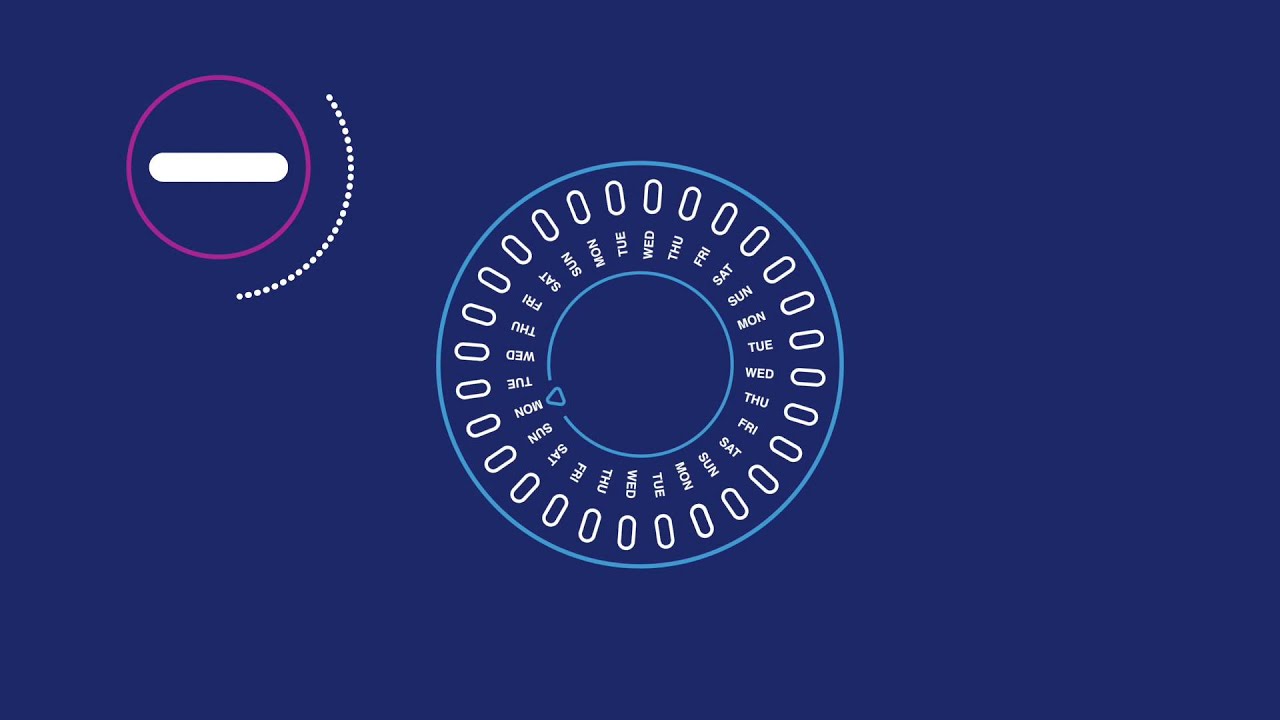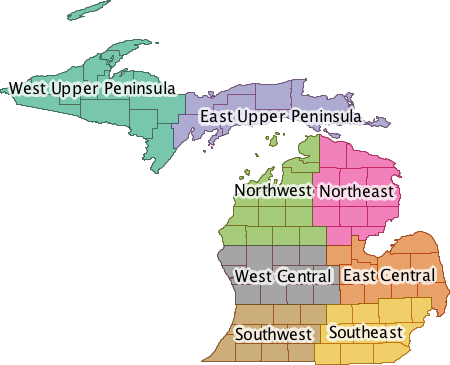Access to reliable and effective birth control methods is a cornerstone of reproductive health, allowing individuals to plan their families and make informed decisions about their futures. Among the organizations at the forefront of providing comprehensive reproductive health services, including birth control, is Planned Parenthood. With a history spanning over a century, Planned Parenthood has emerged as a leading advocate for reproductive rights and a trusted provider of health care services.
History and Mission of Planned Parenthood
Founded in 1916 by Margaret Sanger, Ethel Byrne, and Fania Mindell, Planned Parenthood’s initial mission was to provide access to birth control, which was then illegal under the Comstock laws. Over the years, the organization has grown significantly, expanding its services to include a wide range of reproductive health care, including cancer screenings, HIV testing, and prenatal care, alongside its core mission of providing access to birth control and abortion services. The core principle guiding Planned Parenthood’s work is the belief that every individual deserves access to the information and care needed to make informed decisions about their health, family, and future.
Services Provided by Planned Parenthood
Planned Parenthood offers a broad spectrum of health services, but its provision of birth control methods is among its most critical offerings. The organization recognizes the importance of birth control in preventing unintended pregnancies, reducing the need for abortion, and promoting overall reproductive health. The types of birth control methods available through Planned Parenthood include:
- Hormonal Birth Control: This encompasses a range of methods such as the pill, patch, ring, and hormonal IUDs. Each method works by introducing hormones into the body that prevent ovulation or thicken cervical mucus to prevent sperm from reaching an egg.
- Barrier Methods: Including condoms and diaphragms, these methods work by physically preventing sperm from meeting the egg. They are also the only methods that offer protection against sexually transmitted infections (STIs).
- Long-Acting Reversible Contraceptives (LARCs): These are highly effective and include options like the IUD (intrauterine device) and the implant. LARCs are designed to provide long-term contraception without the need for daily or monthly maintenance.
- Emergency Contraception: For situations where primary birth control methods fail or were not used, Planned Parenthood provides access to emergency contraception, such as Plan B, which can prevent pregnancy if taken within a certain timeframe after unprotected sex.
Access and Affordability
One of the significant challenges in reproductive health care is ensuring that services are accessible and affordable to all who need them. Planned Parenthood plays a crucial role in bridging this gap by offering services on a sliding scale fee basis, meaning that the cost of care is adjusted based on the patient’s income. This approach ensures that individuals from all economic backgrounds can access necessary care, including birth control. Additionally, Planned Parenthood helps patients navigate the often-complex process of accessing health insurance coverage for reproductive health services, including Medicaid and the Affordable Care Act (ACA) marketplace plans.
Advocacy and Education
Beyond the provision of health care services, Planned Parenthood is also a vocal advocate for reproductive rights and access to health care. The organization works at the local, state, and federal levels to promote policies that support reproductive health, oppose restrictions on access to care, and educate the public about the importance of comprehensive reproductive health services. Planned Parenthood also invests in educational programs aimed at teenagers and young adults, focusing on sexual health, consent, and healthy relationships. These programs are designed to empower young people with the knowledge and skills necessary to make healthy decisions about their bodies and futures.
Challenges and Controversies
Despite its critical role in providing essential health care services, Planned Parenthood has faced numerous challenges, including political and ideological opposition. Efforts to defund the organization, particularly at the federal level, have been recurring, with proponents arguing that taxpayer dollars should not support entities that provide abortion services. However, it’s crucial to note that under current law, federal funds cannot be used to pay for abortions except in cases of rape, incest, or when the life of the woman is at risk. The majority of federal funding received by Planned Parenthood is reimbursed through Medicaid for non-abortion services such as birth control, cancer screenings, and STI testing.
Conclusion
Planned Parenthood’s commitment to providing access to birth control and other reproductive health services is central to its mission of empowering individuals to make informed decisions about their health and well-being. As the landscape of reproductive health care continues to evolve, organizations like Planned Parenthood will remain essential in ensuring that comprehensive, non-judgmental care is available to all who need it. Through its combination of direct service provision, advocacy, and education, Planned Parenthood stands as a robust advocate for reproductive rights and access to care, underscoring the fundamental principle that everyone deserves the right to control their own body, health, and future.
How does Planned Parenthood make birth control accessible to individuals with lower incomes?
+Planned Parenthood offers birth control services on a sliding scale fee basis, adjusting the cost based on the individual’s income. This approach, combined with assistance in navigating health insurance options, including Medicaid and the Affordable Care Act, helps ensure that birth control is accessible to everyone, regardless of income level.
What types of birth control does Planned Parenthood offer?
+Planned Parenthood offers a wide range of birth control methods, including hormonal birth control (the pill, patch, ring, hormonal IUDs), barrier methods (condoms, diaphragms), long-acting reversible contraceptives (IUDs, implants), and emergency contraception (Plan B). The specific types of birth control available may vary by location.
How can I get involved in advocating for reproductive rights with Planned Parenthood?
+There are several ways to get involved with Planned Parenthood’s advocacy efforts. You can visit their website to find local chapters and volunteer opportunities, participate in online campaigns, donate to support their mission, or contact your elected officials to express support for reproductive rights and access to care.



